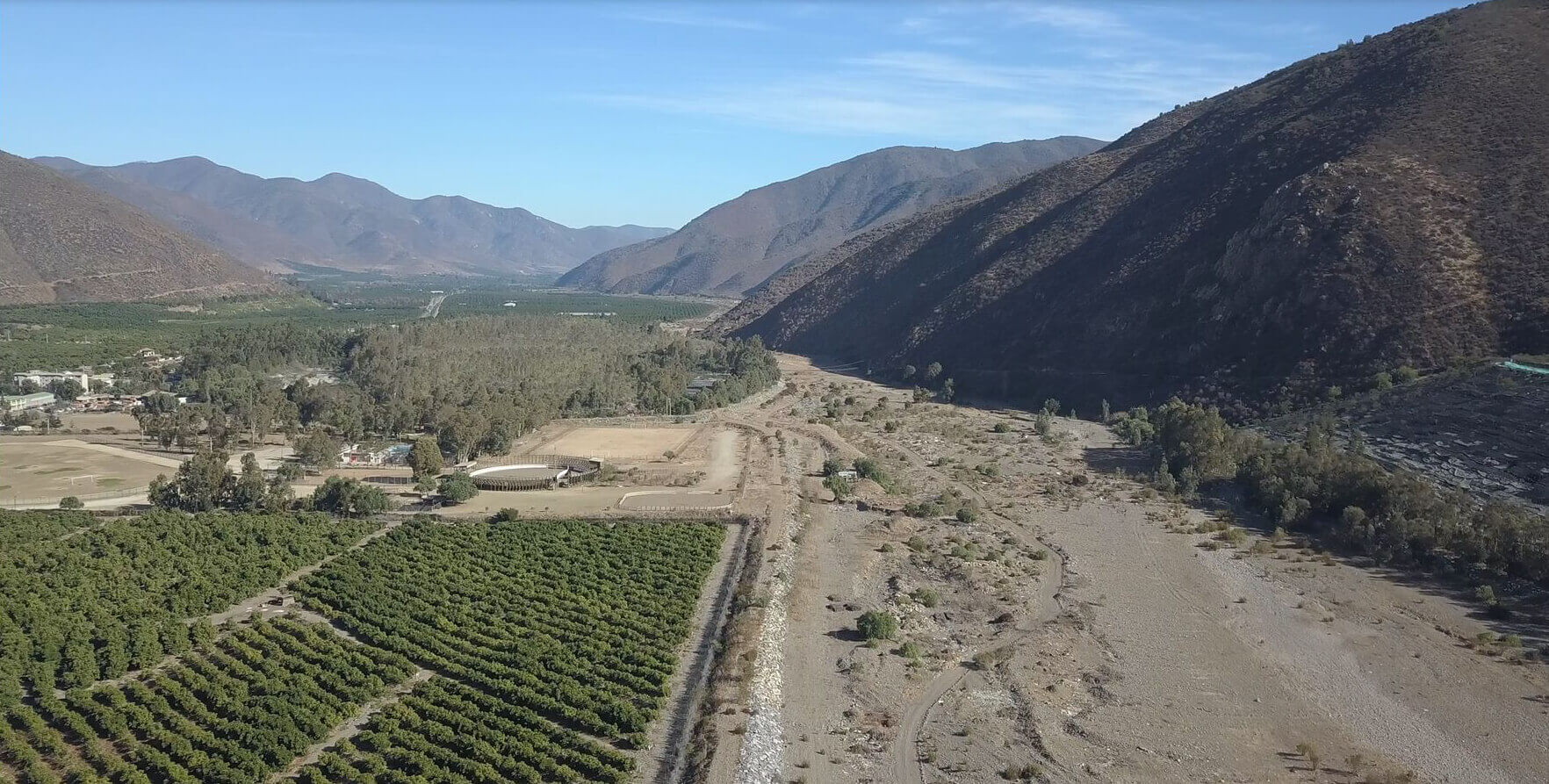A United Nations (UN) water rights expert grilled the Chilean government for its prioritization of economic objectives over human rights by approving agriculture and energy projects that heavily impact water security in the country.
UN Special rapporteur on human rights to drinking water and sanitation Leo Haller called on the Sebastián Piñera-led government to “clarify” it stance on avocado plantations in the central coastal region of Valparaíso and the Alto Maipo Hydroelectric Project to the southeast of the capital, Santiago.
Haller’s statement reads: “The Chilean Government would not be fulfilling its international human rights obligations if it prioritizes economic development projects over the human rights to water and health,” he said in a statement.” Haller added, “These two projects may put that supply at risk, which is particularly worrying during the COVID-19 pandemic.”
Chile is currently in the midst of a severe drought, and just last year it declared a ‘water emergency’ in Petorca, a region which lies at the forefront of its avocado cultivation. It is estimated that one avocado tree uses in excess of 50 liters of water per day, which is above the daily quota allocated to residents. In fact, the UN statement says that avocado trees in Petorca consume three times more water than what is designated for just one Chilean citizen. However, even in the face of these violations, the government has continued to issue new water rights to agricultural companies who flout these rules.
Haller said that the Alto Maipo Hydroelectric Project in the Andes mountains, for instance, could gravely impact drinking water in Santiago by diverting tributaries from the Maipo river. At the same time, he is also worried that the construction of the infrastructure required for this project will increase pollution.
In light of these concerns Haller said that “industries should address the negative effects of their activities on the ability to guarantee these rights”.
Chile is one of the world’s foremost avocado exporters, and amid a rise in droughts over the past decades, residents in regions where avocado cultivation takes place are raising their concerns over a water emergency. For instance, Rodrigo Mundaca, from Modatima, a local NGO that work towards water, land, and environmental protection, says, “Planting avocado trees in a desertic region makes no sense.” He adds, “Petorca is the national epicenter of violation of the human right to water supply.”
On one hand, the UN and local environmental groups argue that the water allocated to the agriculture projects is excessive; however, on the other hand, they also argue that the 50 litre quota allocated to citizens is “insufficient to cover domestic needs during a pandemic,” as suggested by Mundaca.
In April 2020, the Health Ministry approved a resolution to increase the water quota to 100 liters, but then walked back on this promise just eight days later.
UN Water Rights Expert Grills Chile for Prioritizing Economic Objectives Over Human Rights
Leo Haller criticized the approval of controversial agriculture projects amid droughts.
August 24, 2020

IMAGE SOURCE: DIRECCIÓN GENERAL DE AGUASChile is one of the world’s foremost avocado exporters, and amid a rise in droughts over the past decades, residents in regions where avocado cultivation takes place are raising their concerns over a water emergency.
